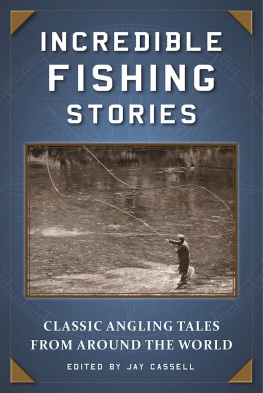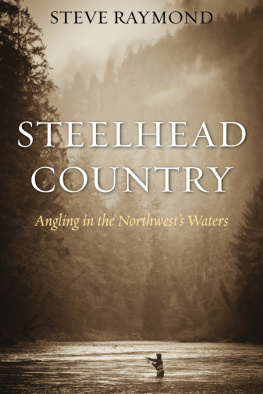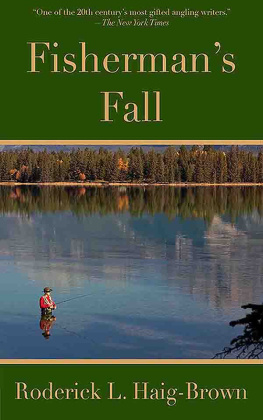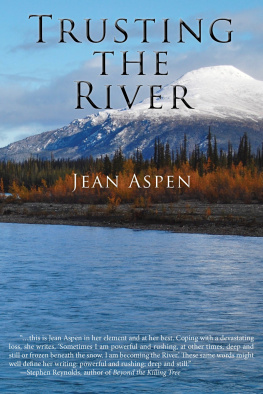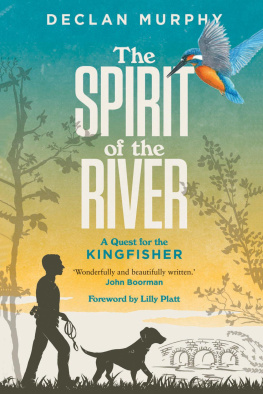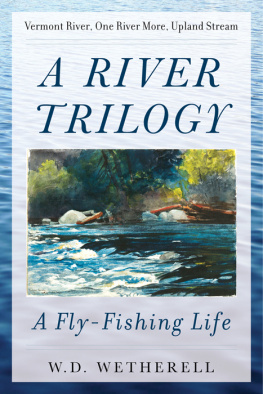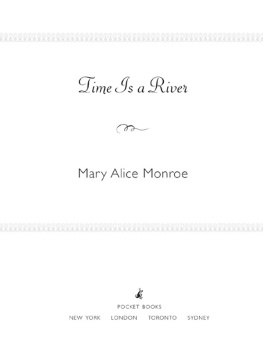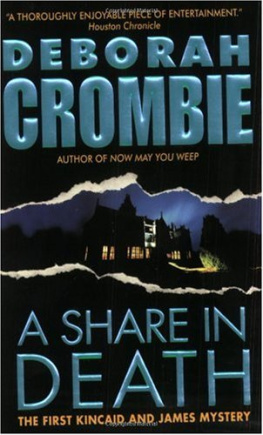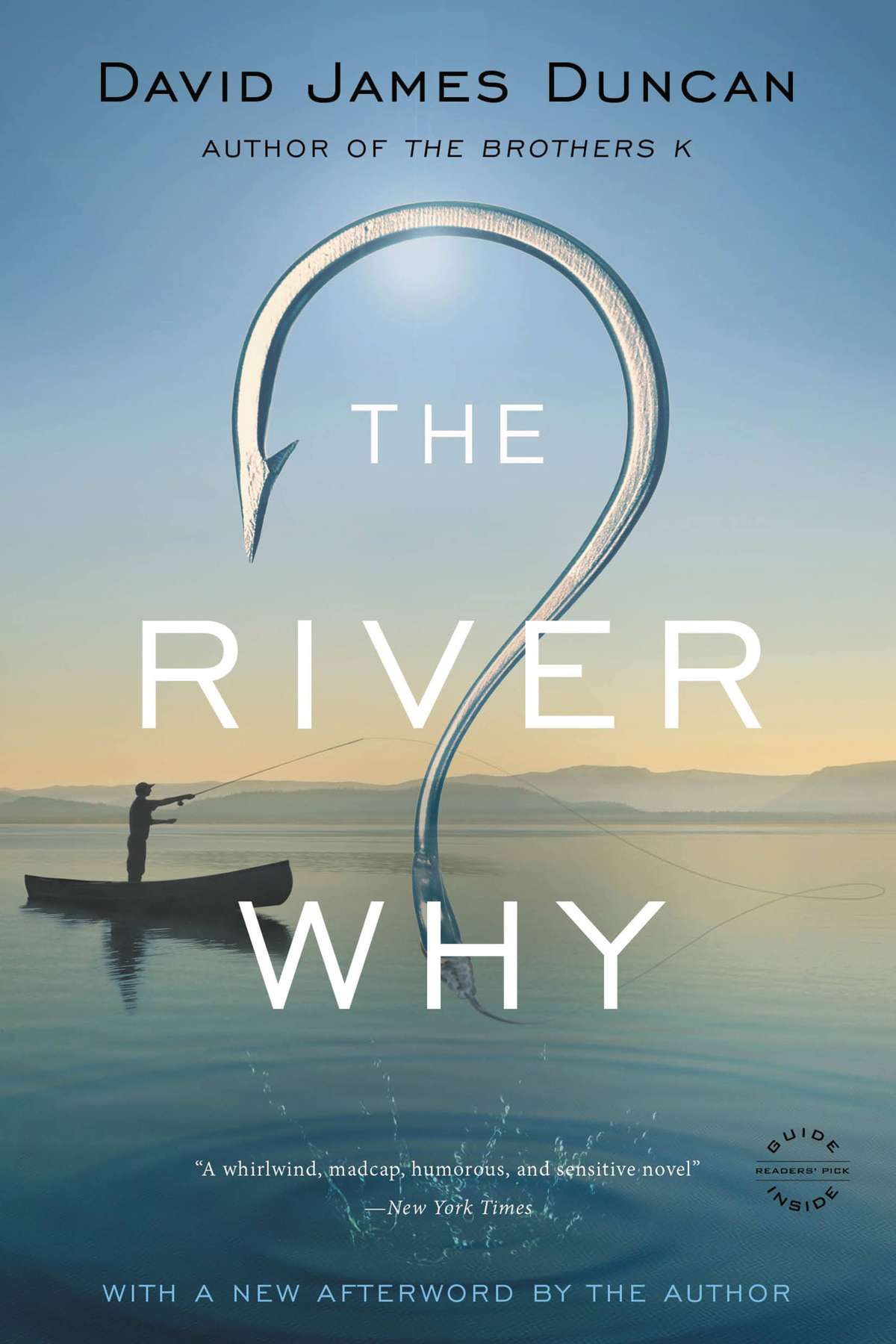Thank you for buying this ebook, published by HachetteDigital.
To receive special offers, bonus content, and news about ourlatest ebooks and apps, sign up for our newsletters.
The characters and events in this book are fictitious. Any similarity to real persons, living or dead, is coincidental and not intended by the author.
Copyright 1983 by David James Duncan
Afterword copyright 2016 by David James Duncan
Cover design by Mario J. Pulice
Cover photo-illustration by Debra Lill
Author photograph by Yogesh Simpson
Cover copyright 2016 by Hachette Book Group, Inc.
All rights reserved. In accordance with the U.S. Copyright Act of 1976, the scanning, uploading, and electronic sharing of any part of this book without the permission of the publisher constitute unlawful piracy and theft of the authors intellectual property. If you would like to use material from the book (other than for review purposes), prior written permission must be obtained by contacting the publisher at permissions@hbgusa.com. Thank you for your support of the authors rights.
Little, Brown and Company
Hachette Book Group
1290 Avenue of the Americas, New York, NY 10104
littlebrown.com
twitter.com/littlebrown
facebook.com/littlebrownandcompany
First ebook edition: September 2015
Originally published by Sierra Club Books, 1983
Little, Brown and Company is a division of Hachette Book Group, Inc. The Little, Brown name and logo are trademarks of Hachette Book Group, Inc.
The Hachette Speakers Bureau provides a wide range of authors for speaking events. To find out more, go to hachettespeakersbureau.com or call (866) 376-6591.
The publisher is not responsible for websites (or their content) that are not owned by the publisher.
The two excerpts from Drinking Song by Jim Harrison are reprinted by permission of Jim Harrison. The excerpt from Three for the Predators from The Rough-Hewn Table by Henry Carlile copyright 1971. Reprinted by permission of Henry Carlile.
ISBN 978-0-316-26121-0
E3-20180704-JV-PC
Selected by the San Francisco Chronicle as one of the twentieth centurys Top 100 books of the American West
Selected as one of the 100 Best Oregon Books (18002000) by the Oregon Cultural Heritage Commission
A whirlwind, madcap, humorous, and sensitive novel.
New York Times
A hymn to the waters of the earth and the wholeness of life. It is also funny.
Miami Herald
This is a modernrepeat, moderntale of maturity and redemption.
Christian Science Monitor
A small national treasure.
People
Wonderfully funny.
Esquire
A veritable epic of fly-fishing done in a high-velocity, exuberant style, sprawling in scale, heedless of form. The feeling for and evocation of the imperiled natural world is rhapsodic in its intensity; the writing energetic, literary in a distinctly American way. So amiable is the prevailing tone that the flowing narrative is able to absorb Koranic and Eastern mysticisms, Tao, Sufism, Zenthe religions of oneness and gospel of lovewithout turning into the kind of maudlin choral chanting that so often disfigures treatments of fusion of self and the world.
Publishers Weekly
Anyone who reads this amazing story will find it filled with more and deeper truths than almost any nonfiction book. If Huckleberry Finn didnt exist, Id consider this the greatest American outdoors novel ever written.
Houston Chronicle
The best thing to come out of Oregon since Nike running shoes.
West Coast Review of Books
The Brothers K
River Teeth
My Story as Told by Water
God Laughs & Plays
The Heart of the Monster (with Rick Bass)
My birthday began with the water.
Dylan Thomas
What house is this? heres neither coal nor candle,
Where I no thing but guts of fishes handle
Zachary Boyd, Jonah
It is a doubt if my body is flesh or fish, he sang in his grief; hapless the woman who loves me.
Charles Williams, Taliessin through Logres
Having harbored two sons in the waters of her womb, my mother considers herself something of an authority on human fetuses. The normal fetus, she says, is no swimmer; it is not fish-, seal-, eel-, or even turtlelike: it is an awkward alien in the liquid environmenta groping land creature confused by its immersion and anxious to escape. My brother, she says, was such a fetus. I was not. My swimming style was no humanoid butterfly-, crawl-, back-, or breaststroking: mine were the sure, swift dartings of a deformed but hefty trout at home with the water, finning and hovering in its warm black pool.
Having harbored no one anywhere in his body and lacking a womb, my father knows almost nothing about human fetuses. This did not stop him from penning and publishing a grotesque article about a human birth. My father is a writer secondarily and a famous flyfisherman primarily, and his stories, books, and lectures on the latter artnot to mention his ruddy face and dumpy, wader-swathed figureare renowned throughout the flyfishing world. One of his favorite articles was published in a 1954 Field and Stream under the title Gus the Fish. Written in a painfully contrived and uncharacteristic Doc-And-Me-Went-Fishin style, Gus the Fish treats of the angling adventure of a certain obstetrician who finally succeeded in hooking and landing a chubby eight-pounder who had eluded all anglers for over nine months despite being trapped in a small pool in a river only five feet, five inches long; then in the concluding paragraph my father spills the beans all over his little allegory with the forgettable intimation that Ol Gus is not some wily brown trout lurking in the waters of a Letort, Beaverkill, or Firehole. Oh no. Ol Gus is nothing less than my new little lunker son, my first-born fish and flyfisherman to be!
The fishermans is an inexplicably privileged place in this hard world: there are people wearing straitjackets and living under lock and key for innocuous crimes such as dressing or speaking like Sherlock Holmes, Caesar, or Armstrong Custer, yet there goes my dadfamed and respected in his twenty-five-pound vest, hat full of phony insects, rubber trousertops flapping about his nipplestrudging scot free along the worlds trout streams armed with dangerous hooks and fish knives, whipping the flesh of innocent bodies of water while amusing himself with such mental marvels as his wife the dwarfish river, and his son, Gus the Fish.
My fathers name is Henning Hale-Orviston. His parents were English aristocrats, and his speech and manners derive from them. He carefully maintains his distinguished accent; he drinks Glenfiddich Single Malt Scotch; he smokes Rattrays Highland Targe and Balkan Sobranie in meerschaums and briar perfects; he drives a Rover in the city and a Winnebago on the road; he lectures in white shirt and tie, fishes in tweeds, and sleeps in silk pajamas; his flies are constructed with a scrupulousness rivaling the Creators; his handwriting is like calligraphy, and when he autographs a book he writes the entire name. He is, to my chagrin, the one person in the world who calls me by my legal name, Augustine,


